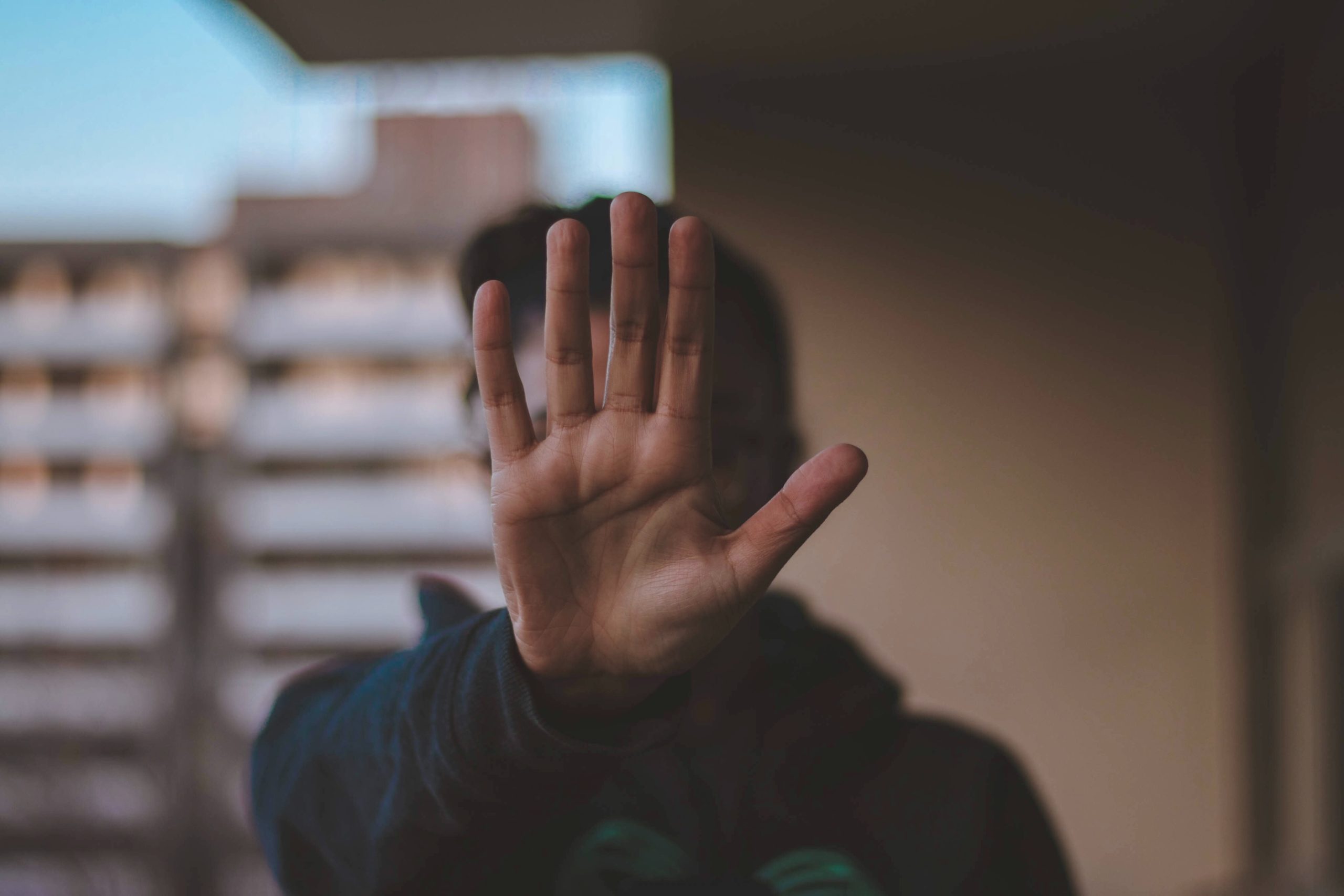Withdraw Oviedo

Opposing the draft Additional Protocol to the Oviedo Convention at the Council of Europe
Background
Under the Council of Europe, the Convention on Human Rights and Biomedicine, better known as the Oviedo Convention, is the only international legally binding instrument for protecting human rights in the biomedical field.
It establishes that human rights must come before other considerations in the field of biomedicine. It lays down a series of principles and prohibitions concerning bioethics, medical research, consent, rights to private life and information, organ transplantation, public debate, etc.
In 2014, the Committee of Bioethics of the Council of Europe started to work on a “draft additional protocol concerning the protection of human rights and dignity of persons with mental disorder with regard to involuntary placement and involuntary treatment”.
Opposition against the draft Additional Protocol
Since the beginning of this work, Mental Health Europe and other organisations have advocated against its development. These include the European Disability Forum (EDF), the European Network of (Ex-) Users and Survivors of Psychiatry (ENUSP), Human Rights Watch, the European Association of Service Providers for Persons with Disabilities (EASPD), Inclusion Europe and Autism Europe. Over the past years, we have been joined by many other stakeholders such as the UN Committee on the Rights of Persons with Disabilities, the Special Rapporteur on the rights of persons with disabilities, the Special Rapporteur on the Right to Health, the Working Group on Arbitrary Detention, the Parliamentary Assembly of the Council of Europe and the Commissioner of Human Rights of the Council of Europe.
We oppose this draft additional protocol because it is against international human rights law and risks to increase human rights violations in psychiatry. In particular:
- Involuntary treatment and placement in psychiatry are prohibited under the UN Convention on the Rights of Persons with Disabilities (CRPD). It breaches, among others, the rights of non-discrimination, legal capacity, liberty and security, and health. The CRPD is ratified by 46 of 47 Member States of the Council of Europe.
- The adoption will create a legal conflict between the obligations of States under the regional level (Council of Europe) and the international level (CRPD). Two different standards will apply in European States that ratified the CRPD.
- It risks solidifying the institutionalisation of persons with disabilities. At the same time, the practice is condemned by the CRPD, the Committee on the Rights of Persons with Disabilities, and the Special Rapporteur on the Rights of Persons with Disabilities. Countries that have adopted similar legislation on involuntary treatment and placement than is enshrined in the draft additional protocol have seen an increase of coercion in psychiatry.
It goes against the paradigm shift and growing consensus against coercion that is emerging within the United Nations and the medical community.
2021 & 2022 – A decisive time to advocate against the Draft Additional Protocol
Despite the opposition, member states of the Council of Europe have continued to support the work on this draft protocol, ignoring their obligations under international law. A final draft has been approved and will be put for a vote in June 2021 within the Committee of Bioethics, for final adoption at the end of 2021 or early 2022. Thus, EDF and MHE, together with numerous stakeholders are strengthening efforts to oppose the draft and request the withdrawal of the protocol.
On 25 March 2021, MHE and EDF are launching an advocacy toolkit against the draft additional protocol to the Oviedo Convention. The toolkit aims to inform various stakeholders about an initiative of the Council of Europe aiming to regulate the involuntary placement and treatment of persons with mental health problems in psychiatric institutions. It offers tools to advocate against such initiative that, if adopted, would allow for human rights violations all over Europe. Speakers include representatives from the European Disability Forum, Mental Health Europe, the European Network of (Ex)-Users and Survivors of Psychiatry, Human Rights Watch, the UN Special Rapporteur on the Rights of Persons with Disabilities, and more!
Further Resources
Additional information
- For additional readings, kindly consult EDF’s compilation of statements against the draft additional protocol.
- Following the last DH BIO meeting in November 2020, we jointly wrote an open letter, reiterating our opposition.
- Mental Health Europe’s reaction to the call for promising practices on voluntary care.
Stay connected
Get our latest news, personal stories, research articles, and job opportunities.